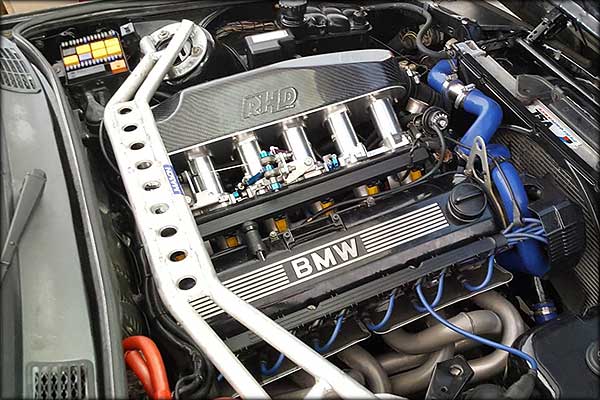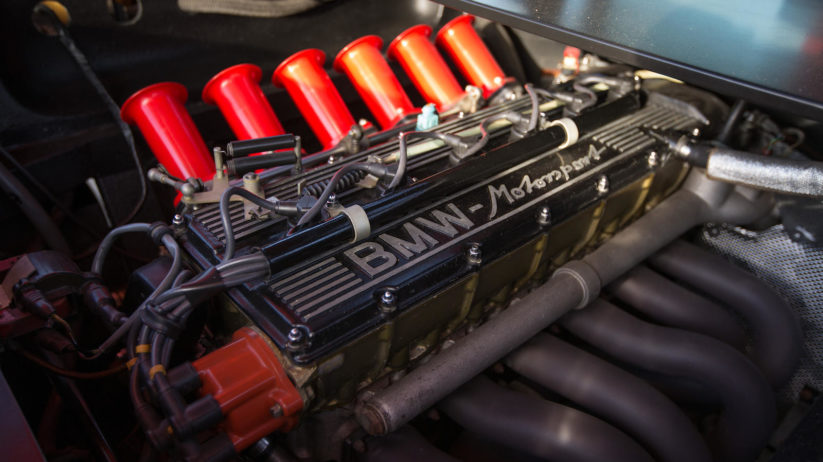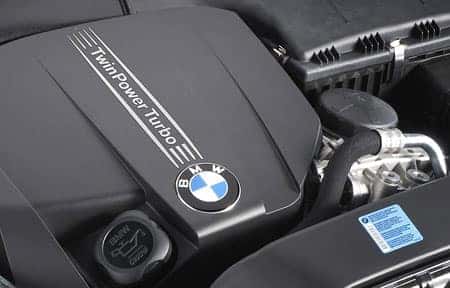The Evolution of the BMW Engine: A Recall at Iconic Versions
The Evolution of the BMW Engine: A Recall at Iconic Versions
Blog Article
Revealing the Intricacies of Next-Generation Power Units: a Deep Study Advanced Engine Layouts and Advancements
In the world of automobile engineering, the ruthless quest of performance, sustainability, and effectiveness has moved the development of power devices to unprecedented elevations. As we base on the precipice of a new era in transportation, the details of next-generation engine layouts bid us to check out the sophisticated technologies and developments that promise to redefine the driving experience. From innovative materials that push the borders of longevity and weight decrease to innovative turbocharging and supercharging systems that raise power outcome to new degrees, each part of these power systems holds a key to opening the future of auto engineering. Diving deeper right into the realms of discharge control, intelligent engine administration systems, and the horizon of power unit advancement, we discover ourselves on the cusp of a change that assures to improve the landscape of movement as we understand it.
Evolution of Engine Materials

The change in the direction of advanced engine products has likewise enabled engineers to develop engines with higher power results while preserving gas efficiency standards. The use of light-weight materials minimizes the total weight of the engine, leading to enhanced gas economic climate and lower exhausts. Additionally, developments in materials innovation have enabled better thermal administration within engines, resulting in boosted integrity and long life.
Turbocharging and Supercharging Technologies
How do Turbocharging and Supercharging Technologies revolutionize engine efficiency and effectiveness in contemporary lorries? Supercharging and turbocharging are modern technologies that significantly enhance engine performance by increasing the amount of air intake into the burning chamber. Turbocharging accomplishes this by making use of a generator driven by exhaust gases to pressurize the consumption air, while supercharging makes use of a belt- or chain-driven compressor to achieve the very same result.
These modern technologies allow smaller sized, more fuel-efficient engines to produce power equivalent to bigger ones, understood as downsizing. Forcibly more air right into the cylinders, supercharging and turbocharging boost combustion performance, leading to enhanced horse power and torque outcome without a significant boost in engine dimension. This results in far better acceleration, hauling capability, and total driving performance.
In addition, turbo charging and turbocharging add to enhanced fuel efficiency by enabling the usage of smaller engines that consume much less fuel under typical driving conditions - bmw engine. This mix of enhanced performance and effectiveness has actually made turbocharging and supercharging essential components of many contemporary engine layouts
Discharge Control and Environmental Influence
With boosting international problems concerning air quality and environmental sustainability, the implementation of exhaust control modern technologies in cars plays an important duty in minimizing unsafe pollutants launched right into the ambience. Modern automobiles are equipped with innovative discharge control systems that assist decrease the environmental effect of automotive operations. Catalytic converters, as an example, are created to transform hazardous gases such as carbon monoxide, nitrogen oxides, and hydrocarbons right into much less hazardous compounds like carbon dioxide and water vapor.
Additionally, innovations in engine modern technology, such as the integration of exhaust gas recirculation systems and selective catalytic decrease, have considerably added to reducing discharges. These technologies operate in tandem to enhance burning effectiveness and minimize the launch of harmful pollutants into the air. Furthermore, the advancement of crossbreed and electrical cars stands for an essential action towards lowering the overall ecological impact of the transport sector.
Intelligent Engine Management Systems

Additionally, these systems enable automobiles to fulfill stringent discharges criteria without compromising efficiency, offering a much more eco pleasant driving experience. The combination of synthetic intelligence and artificial intelligence abilities in engine administration systems remains to push the boundaries of what is feasible, resulting in more improvements in performance, integrity, and total vehicle performance. bmw engine. As vehicle technology advances, smart engine management systems will play an important duty in forming the future of transportation towards a much more lasting and effective instructions
Future Trends in Power Unit Development
As smart engine administration systems pave the way for enhanced control and optimization in contemporary cars, future patterns in power unit growth are poised to redefine the landscape of automobile propulsion technologies. Among the crucial trends driving advancement in power system advancement is the change in the direction of electrification. With a boosting focus on sustainability and reducing carbon discharges, hybrid and electrical powertrains are ending up being extra prevalent in the automotive industry. These alternate source of power provide improved effectiveness and performance while aligning with rigid environmental laws.
An additional considerable pattern is the assimilation of innovative materials and producing strategies. Lightweight materials such as carbon fiber and light weight aluminum are being used to reduce overall vehicle weight, enhancing gas efficiency and performance. Furthermore, advancements in 3D printing and additive production are making it possible for the manufacturing of complicated engine elements with greater accuracy and sturdiness.
In addition, expert system and machine discovering are playing a critical Get More Information role in maximizing power system performance. These modern technologies enable real-time surveillance and adaptive control, causing much more effective and trustworthy power shipment. Overall, future patterns in power device advancement are tailored towards sustainability, performance, and effectiveness, driving the automotive sector in the direction of a brand-new age of propulsion technologies.

Conclusion
Finally, the advancements in engine products, turbocharging, exhaust control, and intelligent administration systems have paved the means for next-generation power units. These innovations have not just enhanced efficiency and performance however also reduced environmental effect. As modern technology proceeds to develop, future patterns in power unit development are likely to concentrate on more improving sustainability and optimizing power result. The complex styles and technologies in contemporary engines showcase the recurring evolution of automobile modern technology.
Discovering the progressive developments in engine materials has actually been critical in enhancing the performance and efficiency of modern-day engines. Over the their explanation years, the advancement of engine materials has actually played an essential duty in pressing the limits of what engines can accomplish.The shift in the direction of advanced engine products has actually likewise enabled engineers to develop engines with higher power outputs while keeping gas efficiency standards.The implementation of intelligent engine monitoring systems in contemporary cars has transformed the method engines are managed and enhanced for performance and performance. By gathering information in real-time and examining it with sophisticated formulas, intelligent engine administration systems can adapt to driving styles, environmental elements, and engine wellness to take full advantage of power result while reducing fuel intake and emissions.
Report this page